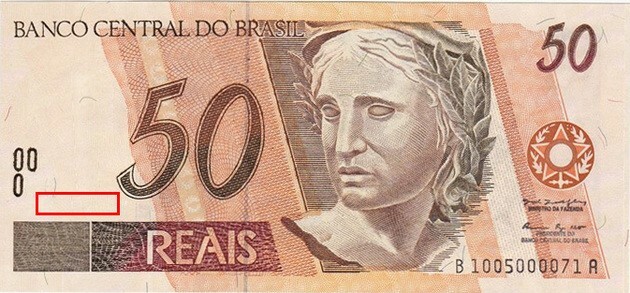the Balaiada it was an important popular revolt that broke out in the province of Maranhão, between 1838 and 1841. At that time, the cotton economy in Maranhão began to decline when production in the United States returned to normal with the end of war of independence, resuming supply to England and at the same time being a fierce competitor for cotton from Maranhão. The deep economic crisis and the situation of misery of the sertanejo, artisans and black slaves explained the paths taken by Balaiada.
Out of a population of around 200 thousand inhabitants of the province, ninety thousand were slaves. Manifestations of servile resistance were frequent and the flight gave rise to numerous quilombos. Extensive cattle raising, an important economic activity in the region, formed a layer of poor free men, the sertanejos. The weakening of the export economy itself developed subsistence activities and disbanded the population. This popular layer was used by the elite as a tool to fight in power struggles. Balaiada emerged through the intensification of these clashes.
You well-te-vis, liberals, were politically persecuted by the cabins, conservatives, who were in power and had the support of the central government. When a deputy mayor ordered the arrest of a cowboy, brother of Raimundo Gomes, one of the leaders of Balaiada, unleashed the revolt that quickly spread throughout the province. The bem-te-vis tried to take advantage of the revolt politically, but the social conditions mentioned above caused that the movement escaped the control of the elites and assumed a popular profile that left the dominant groups in panic.
The bem-te-vis backed off and tried to reconcile with the central government. The leadership passed into the popular hands of a poor basket maker, Manuel Francisco dos Anjos Ferreira (by that's the name of Balaiada), the cowboy Raimundo Gomes and the black Cosme Bento das Chagas, the true leaders of rebellion. The fights extended to Piauí and Ceará. Luís Alves de Lima e Silva, the future Duque de Caxias, was given absolute powers to severely punish those who fought in the name of the Balaiada War, which only happened at the beginning of 1841, leaving a balance of thousands of dead.
The lack of unity among the insurgents contributed to their defeat for the imperial troops – all the revolts that arose in the provinces failed. The violence of the punishments fell only on the humble: blacks, Indians, mestizos and poor whites.
By Lílian Aguiar
Graduated in History
Source: Brazil School - https://brasilescola.uol.com.br/guerras/a-guerra-balaiada.htm

